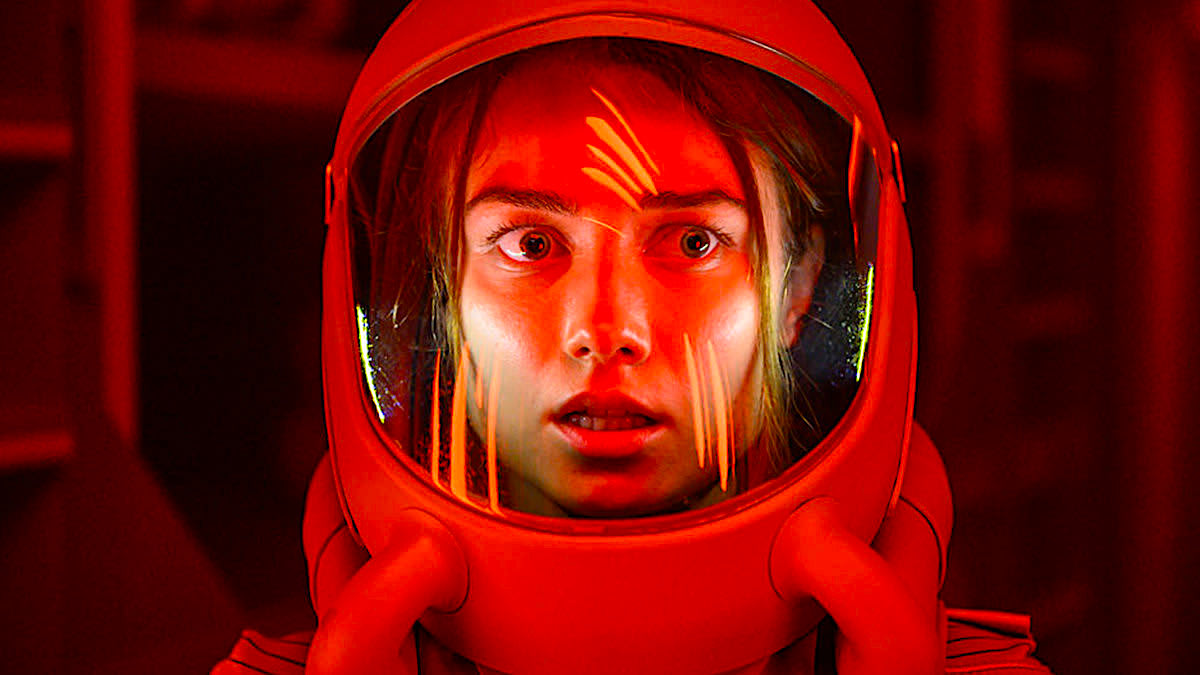
The new science fiction survival series "The Ark" launched onto the SyFy channel this month, bringing us the latest space adventure from the successful braintrust of Dean Devlin and Jonathan Glassner.
If these names sound familiar it’s because the prolific pair has been an instrumental part of the sci-fi genre's resurgence over the past three decades. Devlin co-wrote the screenplay for 1994's "Stargate" as well as "Independence Day," "Godzilla" and "Geostorm," which he directed. Glassner helped adapt "Stargate" into the TV show "Stargate SG-1" and revived "The Outer Limits" for new audiences from 1995 to 1998.
- Want to watch The Ark on SyFy? Try Peacock TV
- Subscribe to Peacock TV starting at $4.99/month
In the vein of optimistic, retro-style outer space series such as "Farscape" and "Andromeda," "The Ark" follows the mission of Ark One, a colony spaceship 100 years in the future that suffers a debilitating anomaly while en route to a Goldilocks planet where the human race might flourish after the Earth is somehow declared unfit for continued existence.
This mid-flight disaster leaves hundreds dead and the surviving crew must band together to sort out the leadership structure, personal melodrama, repairs to their massive craft, and dwindling life support supplies if they're going to last another year in deep space before arriving on target.
"The Ark" stars Christie Burke, Reece Ritchie, Richard Fleeshman, Stacey Michelle Read, Ryan Adams, Pavle Jerinić, Shalini Peiris, Christina Wolfe, and Tiana Upcheva. You can see more of the best upcoming TV shows to watch in our guide.

Space.com spoke with Devlin on creating "The Ark" with Glassner and injecting its narrative with hope, filming the complex production in Serbia, working with the international cast, and why fans should stay glued to their sets as "The Ark" progresses on its harrowing 12-episode odyssey.
Space.com: What elements were most important to deliver with this project when you signed on as writer and director?
Get the Space.com Newsletter
Breaking space news, the latest updates on rocket launches, skywatching events and more!
Dean Devlin: There is a lot of science fiction out there today and the trend seems to be very dark, very edgy, very grounded. And I think that can make for some compelling television, but I just feel like there's a lot of that out there. I approached this with the eye of if I got my shot at doing my spaceship TV show, what would it be like? In a way it's a throwback to the things I fell in love with, and not just the obvious like "Star Trek," but things like "Silent Running" and "Omega Man." I've been working with Jonathan Glassner on a show called "The Outpost" and he has roots to "Stargate" as I do. He also wanted it to be about the characters and avoid doing a laser-fighting show or an alien of the week show. Let's take all the tropes of this genre, build on that, then let's take it somewhere that you don't expect it to go.
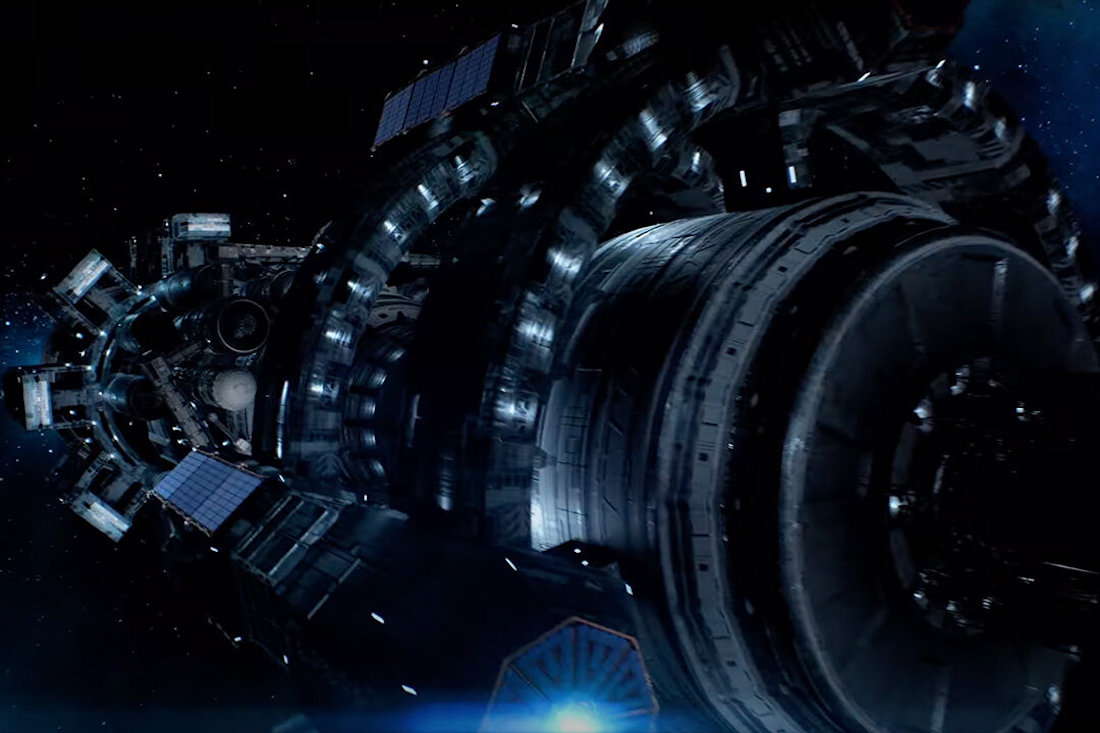
Space.com: Can you speak about "The Ark's" slick production design and its colony spaceship?
We had a lot of conversations about this, especially with our designer, Randall Gross, who did "The Librarians" and "Leverage" for me. The ship is a character in the show and since this is a series about people in a contained space, we have to think about what it's going to be like for our audience to live in that space all the time. On one hand we wanted some of it to be semi-claustrophobic but we didn't want the show to become "Das Boot." So we needed some bigger spaces like the Observation Deck that's two-stories tall with this giant window. We wanted an area that had organic life and was nature-based, and yet there's the bowels of the ship and the engine room. We tried to have enough variety of places that you didn't feel stuck somewhere.
Space.com: What were some of the production challenges and rewards of filming "The Ark?"
Well, we shoot the show in Belgrade, Serbia. Jonathan and I had done "The Outpost" there and we fell in love with the talent there. The crews are spectacular. They have such enormously talented people both in front of and behind the camera. Because we were there we were able to cast this from many different countries across Europe. So we had a real international cast that you probably couldn't afford to do in the United States.
As a side benefit, all these actors from Canada, the U.K., Germany, and Spain left their families and friends and agents to come to Serbia where they were kind of stuck with each other. When they weren't shooting they were out to dinner with each other and on weekends were hanging out at each other's places. So these relationships developed that aren't dissimilar to what’s developing on camera.
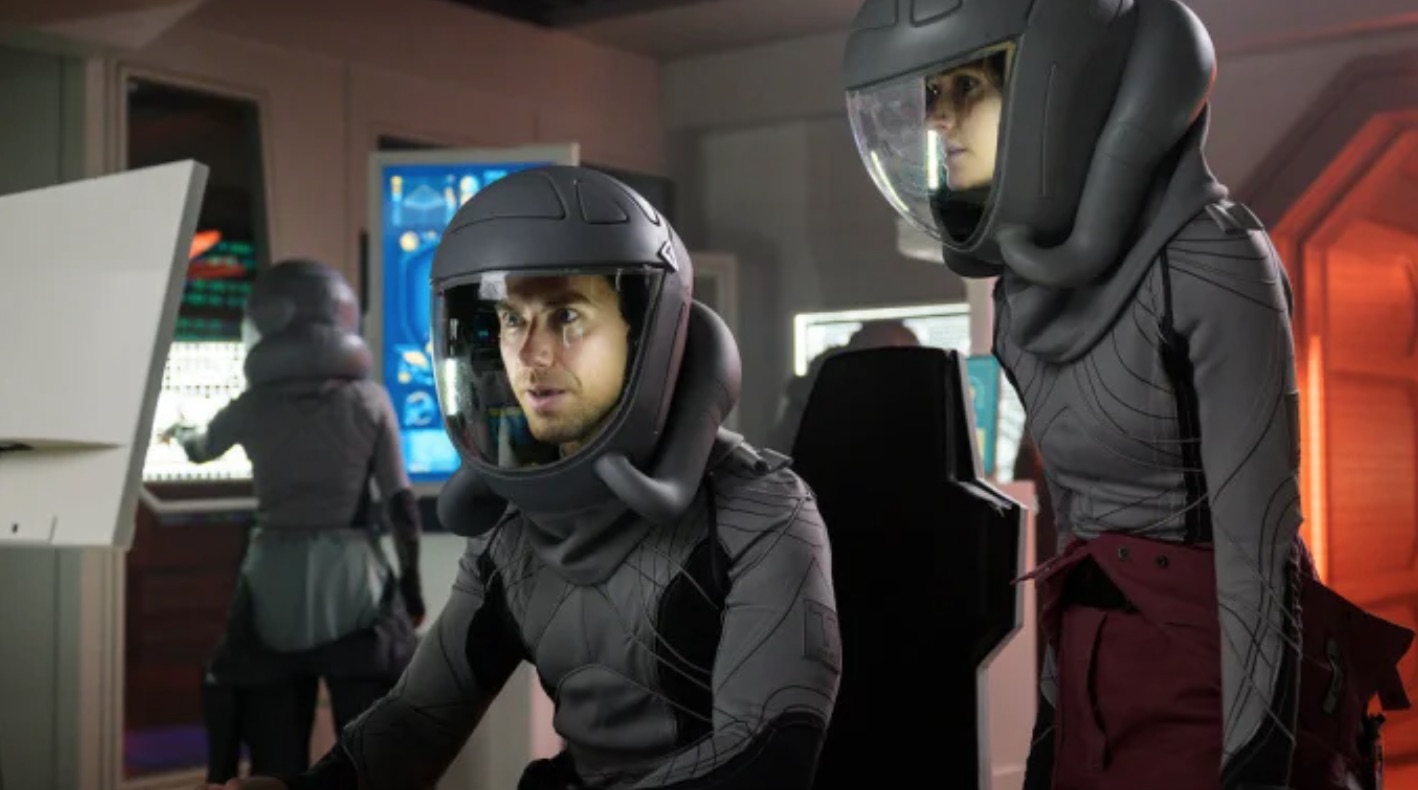
Space.com: With real-life excitement revolving around the blossoming space industry and NASA’s upcoming Artemis moon mission, how did that factor into your worldbuilding?
The version of the future that the show is representing is an offshoot of this trend of billionaires wanting to control space. We have a plethora of billionaires building spaceships right now and I don't see that trend getting less. In our future we have a fictional billionaire named Trust who designed and built the Ark program and it's a combination of the privatization of space with a world government trying to colonize, citizens invited onboard, and a private military that answers to no one. This is our vision of what possible space exploration could look like after many generations of billionaires owning space companies.
Space.com: How does "The Ark’s" brighter, more optimistic story arc continue to evolve as a show that will keep attracting viewers?
The type of science fiction I grew up on, all had this hopeful message about the human spirit. And often they were talking about very real issues happening in the current day, but taking it out of the specific and more into the conceptual. "Star Trek" was really about the Vietnam War and race relationships, but they never directly said that. I find that science fiction lends itself to talking about the human condition, and because of that, I'm just an optimist.
"The Ark" is a show about a group of people who all want to survive but philosophically have different ideas of how to do that. And those differences will either destroy them or find a way to come together. Where people will be surprised is how the characters develop and where they go. Hang in there and give it a shot!
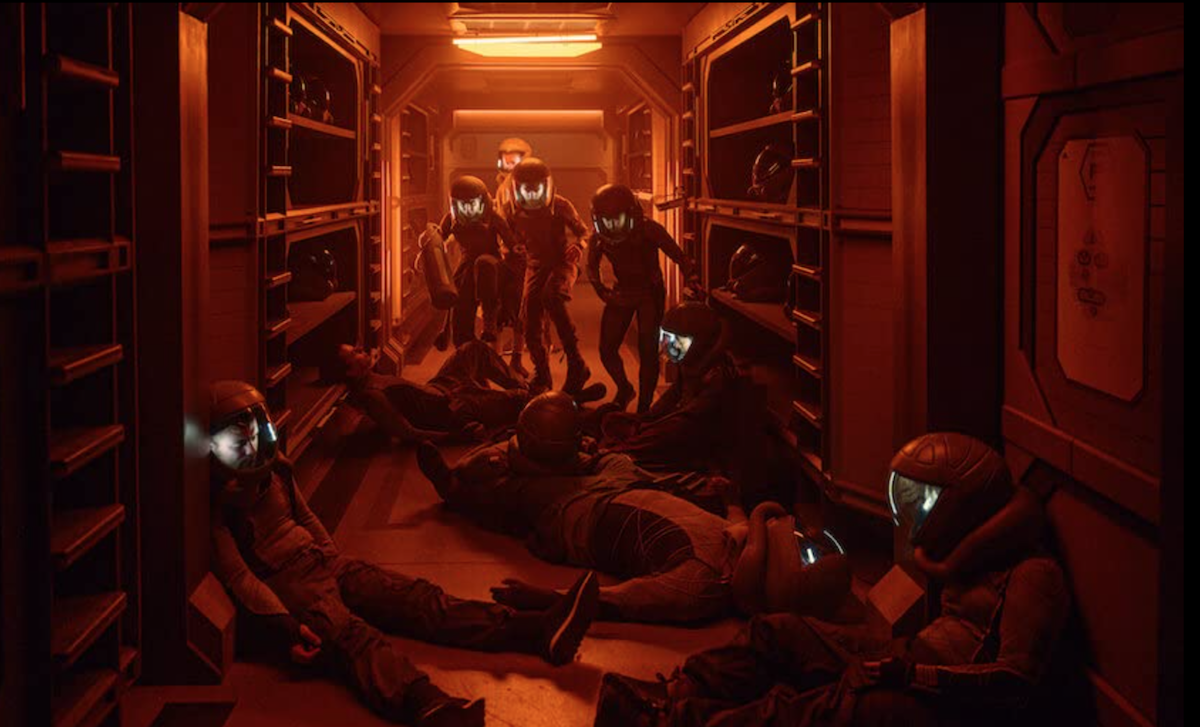
Space.com: What keeps you excited as a creator and storyteller after 30 years in the industry?
I have two kids and they’re starting to get past the age where I can do the bedtime story. But that was my favorite part of being a dad. When I was young my father was a movie producer and he always gave that parallel, that movies and television are bedtime stories. Some more intense, some more whimsical, but it's all to take us away to some other life or situation. I get great joy telling stories whether it's in the theater or on television or the internet. It's a lovely art form.
Explore new episodes of SyFy’s "The Ark" on Wednesdays at 10 p.m. ET and streaming the following day on the Peacock streaming service.
Join our Space Forums to keep talking space on the latest missions, night sky and more! And if you have a news tip, correction or comment, let us know at: community@space.com.
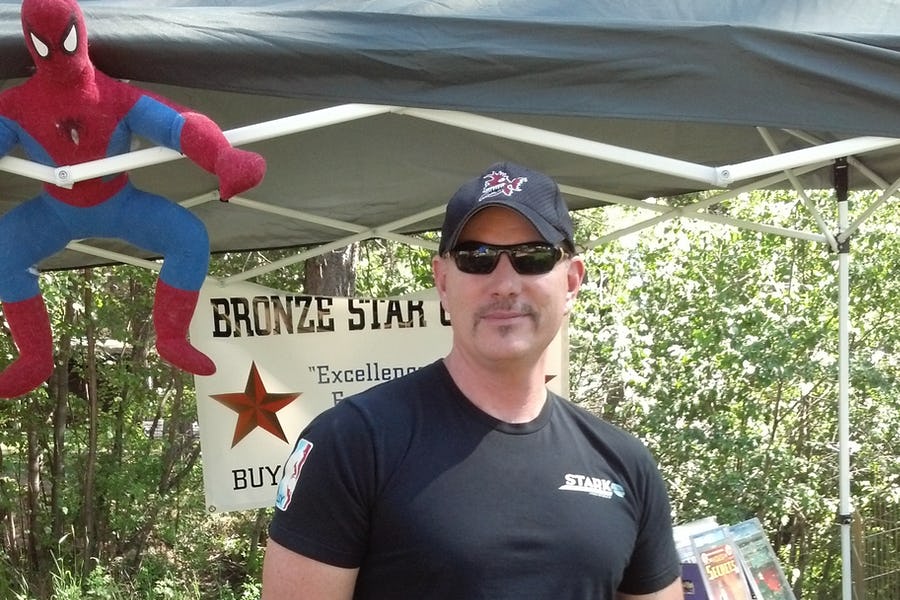
Jeff Spry is an award-winning screenwriter and veteran freelance journalist covering TV, movies, video games, books, and comics. His work has appeared at SYFY Wire, Inverse, Collider, Bleeding Cool and elsewhere. Jeff lives in beautiful Bend, Oregon amid the ponderosa pines, classic muscle cars, a crypt of collector horror comics, and two loyal English Setters.









